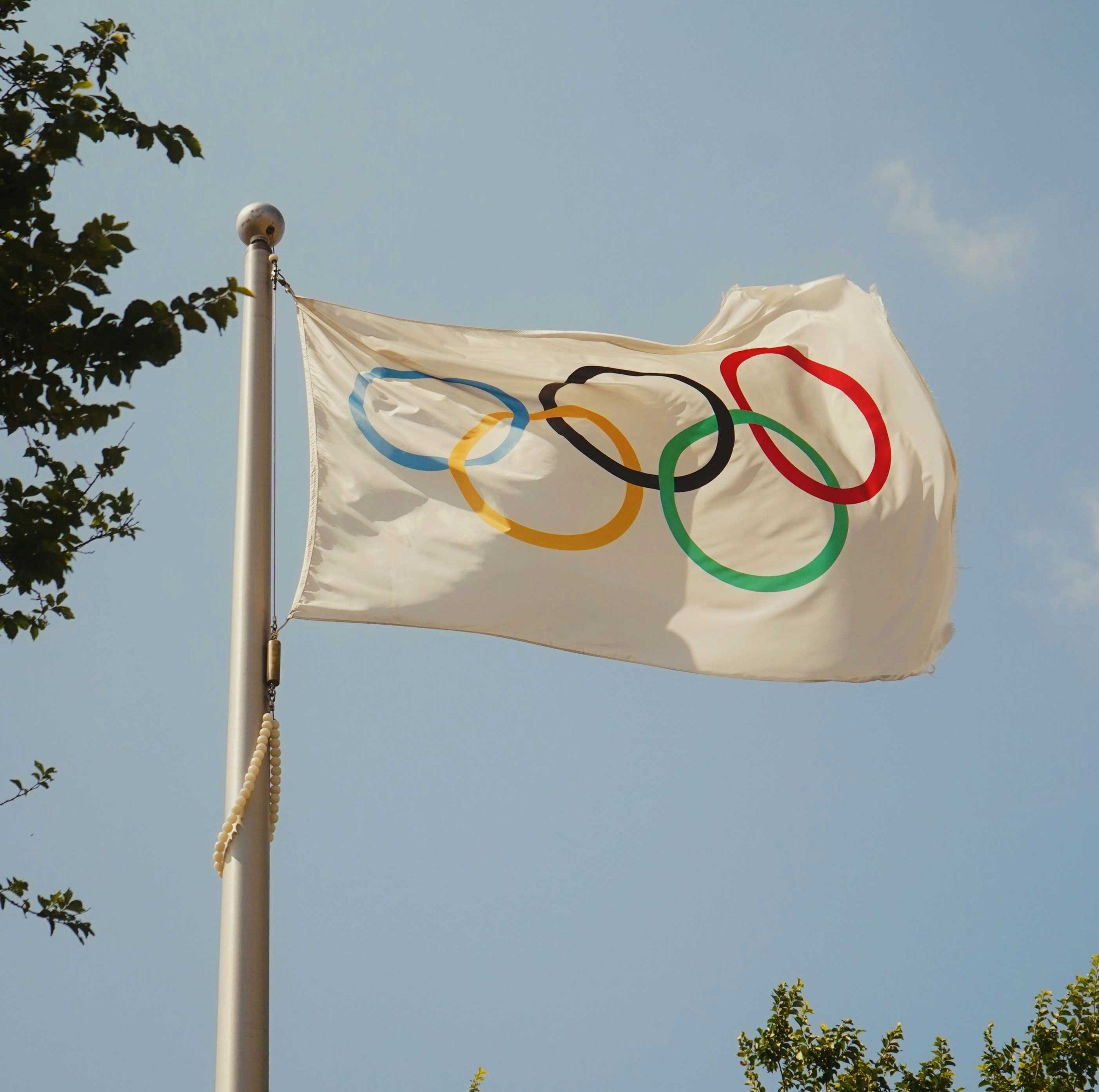In 1992, an Olympic sprinter got hurt during the race of his life. Then his dad stormed the track.
No one was going to stop Jim Redmond from getting to his son.
Sprinter Derek Redmond made Olympic history after injuring his hamstring during a semi-finals run in 1992.
Starting in the mid to late 1980s, Derek Redmond was one of Great Britain's top sprinters. One of his greatest accomplishments was helping to guide his team to a shocking victory over the United States at the 1991 World Championships. However, Olympic success eluded him due to injuries that forced him to pull out of the games in 1988.
But 1992 was going to be his year. The summer Olympics were being held in Barcelona and, despite all the surgeries and rehab he went through leading up to the events, Redmond was well-positioned to earn a medal for his country.
In the quarter-finals of the men's 400m sprint, his chosen event, Redmond actually posted a personal best time and easily won his heat. That meant he got to move on to the semi-finals. If he could post a similar time in that trial, he'd be up for medal contention in the finals.

Redmond's semi-final race got off to a fast start, but with about 250m left to go in the race, tragedy struck. Redmond was spotted on camera slowing up and clutching the back of his right hamstring. It had torn. He was unable to run, and collapsed to the ground in pain. His Olympic dream was over once again.
Redmond was a proud competitor, however, and managed to peel himself off the track. He began to hobble and limp toward the finish line, determined not to earn a "Did Not Finish" disqualification. And that's when an Olympic legend was born.
Redmond's father, Jim, was caught on live television storming the track. Training and security personnel tried to restrain him, but there was no stopping this dad. He made it to his son and gave Derek a shoulder to lean on as both men stumbled toward the finish. Again, security tried to remove Jim, but he waved them off.
- YouTube www.youtube.com
With his father's support, Derek Redmond broke down in a powerful display of emotion. The physical pain likely couldn't compare to the agony of watching his Olympic dream go up in smoke again. Still, the two men pressed on, and yet another Olympic official tried to intervene and was yet again waved off by the determined dad.
Eventually, the Redmonds were able to cross the finish line together to the roar of a standing ovation from the nearly sixty-five thousand spectators watching.
Unfortunately, Derek was still disqualified from the race as he had assistance in finishing. But that official Olympic record does not diminish his accomplishment, which continues to live on as one of the greatest Olympic moments of all time—even being officially recognized by the Olympics as such.
- YouTube www.youtube.com
The moment was so powerful because it underscored the sacrifices made by both athletes and their parents. They train their whole lives for often just one opportunity to showcase their skills on the world stage. When it goes wrong, the results can be devastating. Win or lose, the parents are right there with them. Olympic fathers like Jim Redmond make immense sacrifices for their children to be able to chase their dreams, often spending a fortune on equipment and training, giving up career opportunities, family vacations, personal hobbies, friendships, and more to carve out enough time. Famously, gymnast Gabby Douglas spent two years living with a host family across the country from her parents so she could be closer to a top trainer. Other Olympic families spend $60-100,000 per year in training and equipment fees for their budding stars.
All the sacrifice and hope is on display in just this one short clip. The athletic displays at the Olympics are amazing to behold, but what we really fall in love with are the stories of persistence and perseverance, and there's none better than the story of the Redmonds.
Derek Redmond rehabbed relentlessly after his injury but ultimately had to give up running—though he did enjoy a run as a professional basketball player before retiring from athletics altogether. His father, Jim, passed away in 2022, ten years after being honored as a torchbearer for the 2012 Olympics.

